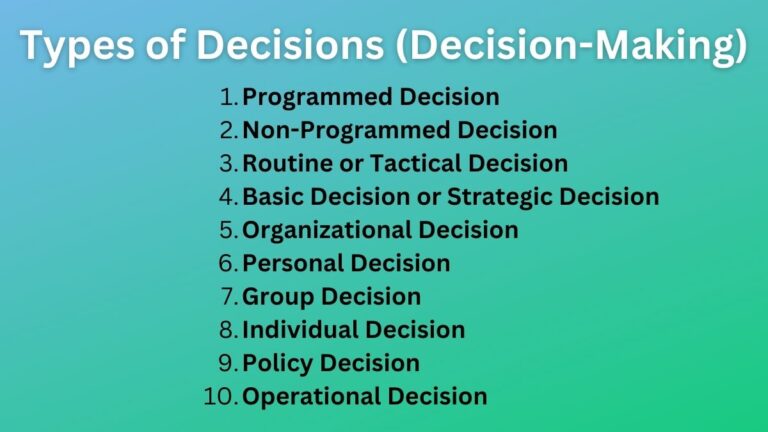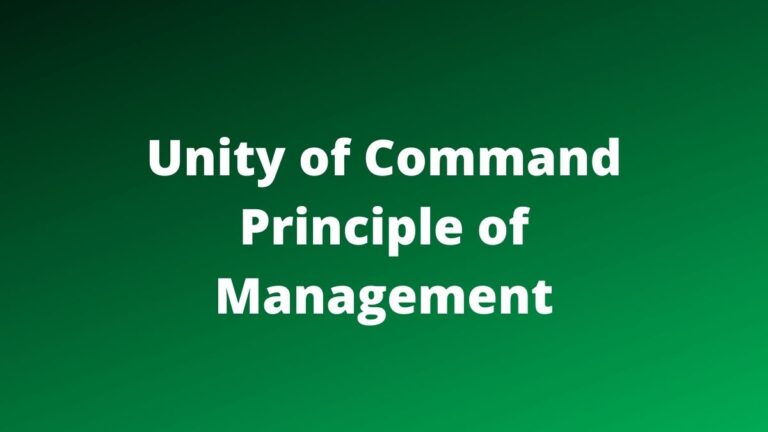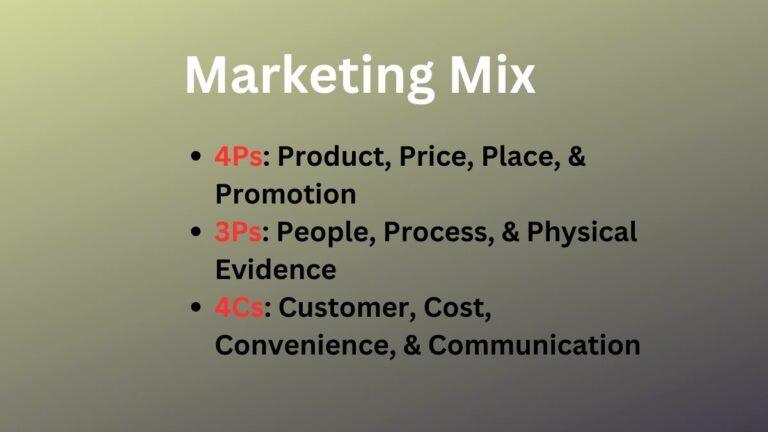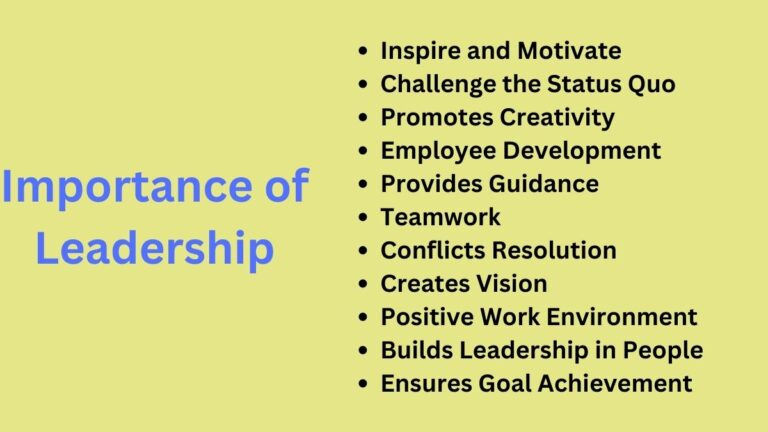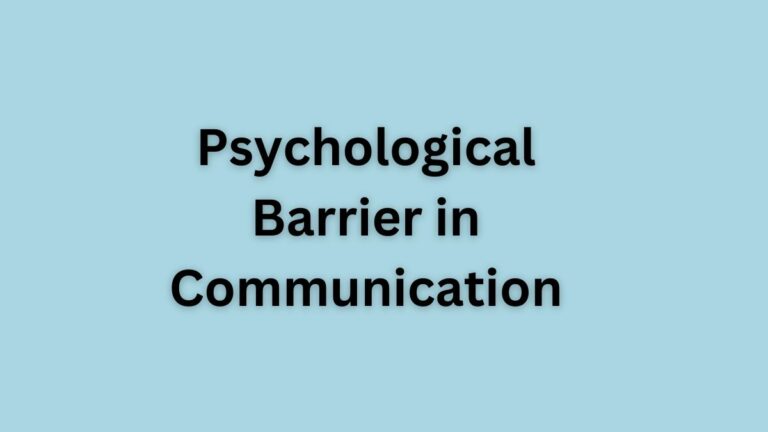Deming’s 14 Points For Quality Management [Explained]
What Are Deming’s 14 Points?
Deming’s 14 points are the measures to improve and manage the quality of products and services. It is W. Edwards Deming (1900-1993), an American engineer, professor, and author who suggested these fourteen points.
These points are also popularly known as principles or techniques of Deming management. These principles are key to ensuring total quality management (TQM) in the organization. Let’s discuss these Deming 14 points individually…
Constancy of Purpose
The first point of Deming states that the organization should give priority to its offering i.e. product or service quality instead of giving priority to profit. Deming stated that profit will automatically come when the quality of the product is maintained.
The principle of the constancy of purpose states that the organization should give priority to improving quality. And, all the efforts of the organization should be consistent. Consistency should also be maintained till the functioning of the organization.
Adopting New Philosophy
You should focus on adopting new methods, technologies, and philosophies to improve the quality of products. For this, all the concerned parties should be ready to adopt the new technology and methods.
As it is obvious that, business practices are changing rapidly today’s methods and technologies are becoming inapplicable in just few time. As such it is necessary that you look to adopt new philosophies to outperform the competitors.
Related: PDCA Cycle
Cease Dependency on Mass Inspection
According to Deming, once errors occur, then the efficiency and effectiveness get reduced automatically. Inspection after producing a large number of products can not prevent them from being defective products.
So, inspection should be started from the very beginning for every level of production. In addition, to reduce defects improving the production process is also an effective way.
End The Practice of Awarding Business On Price Tag Only
Normally, purchasing departments give first priority to the suppliers who provide materials at the cheapest price. The cheapest product may be of low quality but it is not always.
Similarly, expensive products may not be always qualitative. So, the product should not be judged on price tag only. Instead of this, you should maintain a healthy relationship with suppliers who provide quality materials.
Continuous Improvement
According to this principle, there must be a continuous effort to the improvement in processes and methods to improve the quality of the product.
Since the business setting is changing unexpectedly one one-time set procedure can not be effective always. Thus, it is your responsibility as a manager to seek alternative methods to reduce waste and improve quality regularly.
Institute Modern Methods of Training
Without proper training, employees can not outperform organizations’ expectations. Training helps them to improve their abilities and become more efficient in what they are doing.
Modern methods of training on the job should be adopted and learning by observing should be reduced. On-the-job training is to be initiated in this matter to improve efficiency.
Institute Leadership
Most managers today set targets and expect employees to work on them in the best possible way. But this is not the theme of this Deming point.
Managers should also play a strong leadership role. They should be aware of the company’s quality vision and engage everyone in that vision. They should ensure everyone is agreed on the vision and is collectively working on achieving that.
Drive Out Fear
It is a common phenomenon in the workplace that most employees fear expressing their feelings, opinions, or views to others regarding their job. This should be reduced.
You should make your employees feel secure. Encourage them to learn new methods and methodologies. They should feel free to employ their ideas for quality and productivity. This way they may find new of doing things.
Break Down Barriers Between Staff Areas
Teamwork is an effective way to improve quality at work. Joint efforts become more effective to be more informative and adaptive.
So, the feeling of teamwork must be encouraged. There should not be any barriers between departments and staff.
Related: The 14 Principles of Management
Eliminate Slogan and Target
Slogans and targets for employees won’t help the quality of the products; rather, they can make them less effective and of lower quality.
Meeting objectives is made possible through efficient management, strong leadership, and ongoing system development. So, it is necessary to start effective supervision by getting rid of slogans and goals.
Eliminate Numerical Quotas
This quality management principle of Deming states that you should focus on product quality, not on product quantity i.e. numerical quotas or countable quotas. Numerical quotas always trap employees to fulfill that quota at any cost. As such, they may not give proper attention to quality improvement.
Remove Barriers To Pride of Workmanship
You should always focus on removing barriers that may occur during the production and supply process. For this, there must be continuous improvement in the management system. Inadequate instructions, defective machines, equipment, etc. must be discouraged to use.
Institute a Vigorous Program of Education and Training
The skills and knowledge of employees should also be improved gradually to improve the quality of the product and service. So, Deming suggested that managers and employees should be enrolled in education and training programs regularly.
Take Action To Attain The Transformation
This last principle of Deming quality management states that neither an employee nor the manager alone can improve and maintain the quality. So it is necessary that everyone should be committed and work together to achieve the common goal. Everyone’s tiny improvements can transform the whole organization.
Wrapping Up…
Hence, these are Deming’s 14 principles. Understand each of these principles and apply them to improve and maintain the quality of your organization.
Sajan Kushmi is a content writer with more than 4 years of experience. He holds BIM Degree. He write on the topics related to Management, Marketing, and Entrepreneurship.


